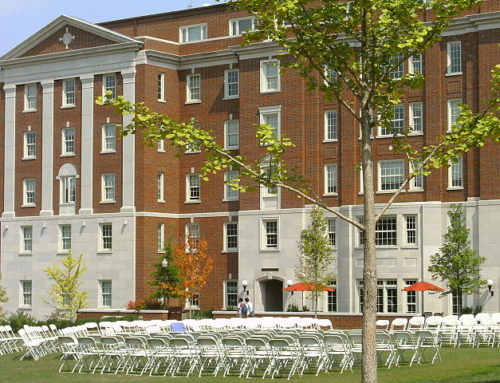The Royal Swedish Academy of Sciences awarded the 2019 Nobel Prize in economics to Abhijit Banerjee, Esther Duflo, and Michael Kremer for their investigational work in fighting global poverty. The academy noted that the trio “dramatically improved our ability to fight poverty in practice” and cited their “new approach to obtaining reliable answers.”
In brief, Banerjee, Duflo, and Kremer rejected the notion that you can defeat poverty by simple solutions. Instead, one needs to take the time “to understand their (the poor’s) lives in all their complexity and richness.”
According to the World Bank:
More than 700 million people live on less than $2 per day.
More than five million children die annually from preventable diseases.
More than 350 million children, mostly from Sub-Saharan Africa and Asia, live in extreme poverty.
Globally in 2016, more than 63 million children ages 6-11 years old have not attended school. As a consequence, they cannot functionally write, read or perform arithmetic.
Rural populations around the world are seven times as likely as urban populations to be drinking contaminated water. Only 45% understand the hygienic importance of washing their hands with soap and water.
Since the 1990s, economists who focus on the disadvantaged have expanded their research to include health, the availability of credit, women’s access to political power and farming technologies.
Their approach differs from the methodology of traditional economists. Historically, economists focused on theoretical incentives to encourage economic growth and equitable income distribution without testing their assumptions.
Duflo, Banerjee and Kremer used field experiments in order to derive solutions to real-world problems. Their research led to the development of much-needed new antipoverty programs.
The trio used real data on real people to test the results of different policy decisions. They overcame challenges of gathering billions of pieces of data. Esther Duflo said: “Often the poor are reduced to caricature. What we want to do is try and unpack the problems (they face) one by one and address them as rigorously as possible.” In a nutshell, they sought to understand the economic lives of the poor in order to design and evaluate social policies that would alleviate suffering.
Professor Duflo and her husband, Banerjee, have focused much of their research in Africa and India where they helped millions of children. In one widely noted experiment, Duflo and Banerjee found that immunization rates for children in rural India jumped dramatically (from 5 percent to 39 percent) when their families are offered modest incentives for immunization, such as lentils. They proved the immense value of deworming children in the developed world.
Nancy Rose, the Massachusetts Institute of Technology economics department head, noted the accomplishments of the three Nobel recipients. It showed economic research at its finest. She said: “They have not only transformed the way economists approach the study of poverty, but deployed their findings to improve the lives of hundreds of millions of people across the globe. Their founding of MIT’s J-PAL has created a vibrant network of scholars who are bringing evidence-based antipoverty policy into every corner of the world.”
For some 200 years economics had the derogatory name “the dismal science” because their studies exposed that humanity was trapped in a world where demand for necessities such as food, housing, medical care, etc., exceeded resources. Hopefully, the findings of this year’s Nobel laureates will enable a better utilization of natural resources to bypass the constraints that have plagued mankind since the Garden of Eden.
This year’s Nobel Prize explicitly endorsed the message of our Declaration of Independence. “We hold these truths to be self-evident, that all men are created equal, that they are endowed by their Creator with certain unalienable Rights, that among these are Life, Liberty and the pursuit of Happiness.”
Originally published in the Sarasota Herald-Tribune



